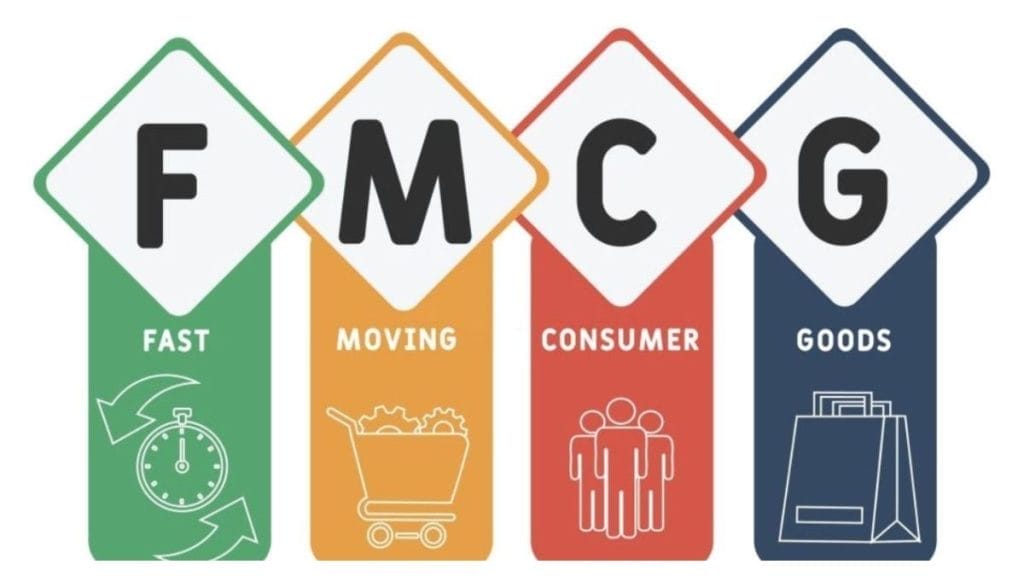New Delhi: This year, fast-moving consumer goods (FMCG) companies are dealing with a particularly challenging issue. While inputs like soda ash, which is used in detergents, and crude and palm oil, which are used to create soaps , showed a decreasing price trend a year ago, food inflation, evident in the price of milk, wheat, and tomatoes, has increased.
This divergence has an impact on how businesses set their prices, As they pass on raw material benefits to customers, home and personal care companies like HUL, for instance, are lowering the cost of soaps, detergents, and shampoos. Nitin Paranjpe, chairman of HUL, stated at the company’s annual general meeting last month that the company’s focus would be on shoring up volume growth as inflation slowed.
On the other side, when commodity costs rise, food businesses like Nestle and Britannia may either increase product pricing or see a decline in their margins, according to industry analysts. Meanwhile, due to quality concerns, fast-food restaurants like McDonald’s have temporarily removed tomatoes from their menus.
“This year is interesting versus last year when inflationary pressures were felt across the commodity basket,” says G Chokkalingam, founder and MD, Equinomics Research, a Mumbai-based firm.
“This year, one half of the commodity basket, which is crude-linked, is showing a downward trend thanks to recession concerns globally, while the other half, which is linked to agri-commodities, is moving up because of the unseasonal rains in the June quarter and monsoon fury now,” Chokkalingam says.
Businesses like Parle Products have mentioned agri-commodity inflation as a crucial indicator to watch in the future. “For food companies, agri-commodity inflation will be tracked closely as food inflation surges,” Mayank Shah, senior category head, of Parle Products, said.
“Price of fruits and vegetables, in particular, have increased the most. It does not impact us. What matters to us is edible oil, sugar, milk and wheat. These have shown a mixed price trend,” Shah says.





